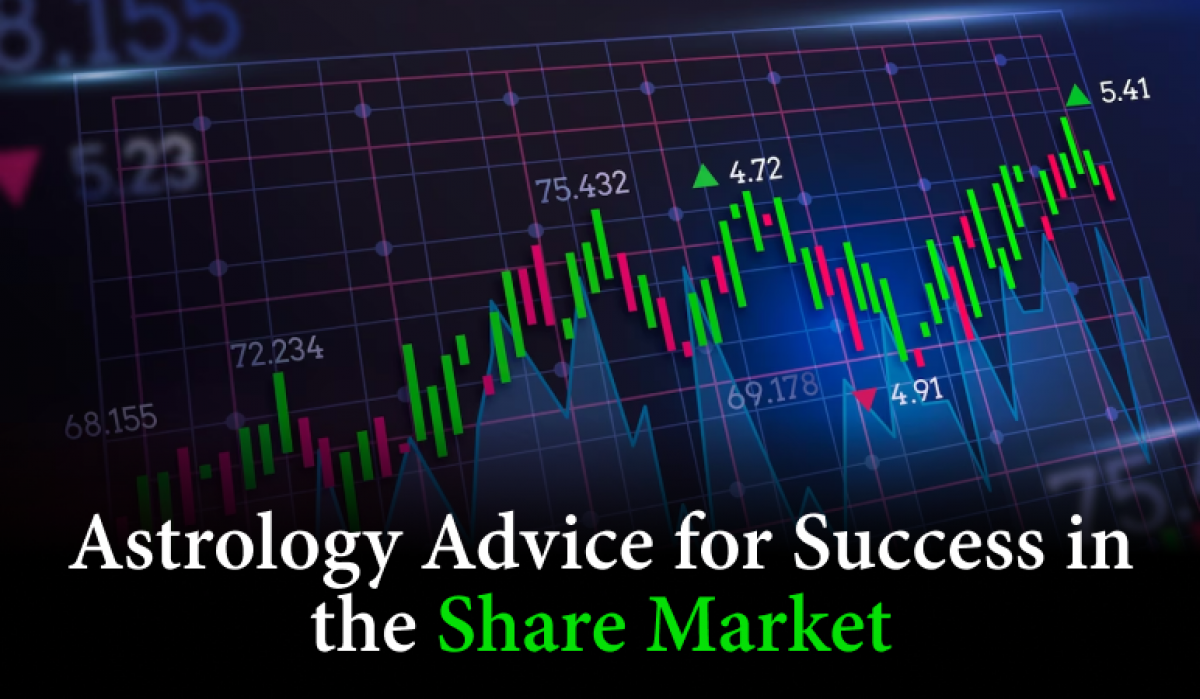The planets can generate energetic shifts that impact human psychology, including the mindset of investors, which in turn influences market movements by combining astrology with traditional trading methods, investors may gain a unique perspective on the market.
Full moons and new moons are considered special times that can help us to predict stock market movements. The theory is that the phase of the moon correlates with market highs and lows, similar to the moon’s effect on tides. The idea is to buy low during the waning phase and sell high during the waxing phase.
During the Sun’s transit, if it is posited in the third, sixth, tenth, or eleventh house from the object’s sign, then that causes recession. In case, the planet is in the first, second, fourth, fifth, seventh, eighth, or ninth house, then that often leads to inflation.
Jupiter is considered the determiner of growth, which is why Jupiter transit is of great significance in astrology. Whenever Jupiter remains posited in the first, third, sixth, eighth and twelfth house from the object’s zodiac sign, then a boom in the price of that object can be seen during that period. On the contrary, Jupiter’s transit in the second, fourth, fifth, seventh, ninth, tenth, and eleventh house of the object’s zodiac sign leads to a recession or a decline in the price of the object.
If the transit of Saturn takes place in the third, sixth, tenth and eleventh house from the object’s zodiac sign, then a fall in its prices is witnessed but if the same transit occurs in the first, second, fourth, fifth, seventh, eighth and ninth house of the object’s zodiac sign, an inflation period begins.
Chronologically, if the Mercury transit occurs in the first, third, fourth, sixth, eighth, ninth, and twelfth house from an object’s zodiac sign, its value increases in the market. On the contrary, the same planet’s transit in the second, fifth, seventh, tenth and eleventh house from the object’s sign, a period of recession can be seen.
If Mars transits in the third, sixth, tenth and eleventh house from the object’s zodiac sign, then a period of recession is visible in the market. On the other hand, if the transit takes place in the first, second, fourth, fifth, seventh, eighth, ninth from the object’s zodiac sign, an inflationary period is seen in the market with regard to the price of the particular object.
As far as the planet Venus is concerned, it can be seen that it brings forward a period of recession if it makes a transit in the first, second, third, fourth, fifth, ninth, tenth, eleventh and twelfth house from the object’s zodiac sign. On the contrary, a period of boom is seen if it makes a transit in the sixth and seventh house from the object’s zodiac sign.
If the transit of Rahu takes place in the third, sixth, tenth and eleventh house from the object’s zodiac sign, then there is a possibility of a recession and transit in the first, second, fourth, fifth, seventh, eighth and ninth house from the object’s zodiac sign can cause a hike in the market.
In the same manner, Ketu’s transit in the third, sixth, tenth and eleventh house from the object’s zodiac sign signifies recession. On the other hand, their transit in the first, second, fourth, fifth, seventh, eighth and ninth house from the object’s zodiac sign causes its price to rise in the market.
We hope to benefit you from this article of ours and wish that it provides assistance to you while investing in Share Market.





